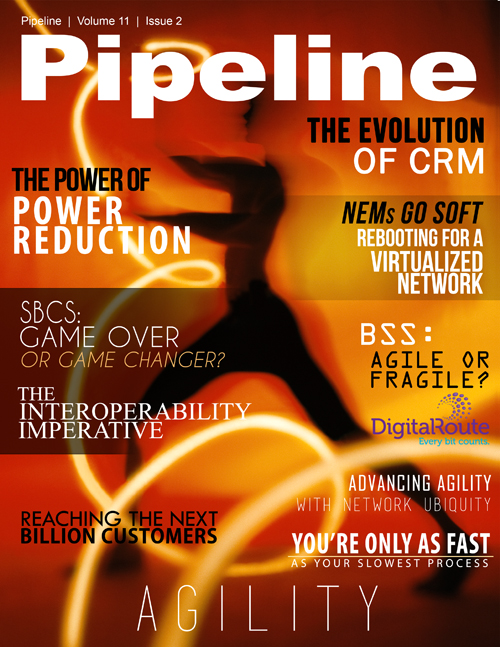NEM's Go Soft: Reinvention for a Virtualized Network
But regardless of how savvy these and sincere these long-standing purveyors of network equipment are about their transition to a software-defined market, they'll have to ramp up quickly to compete with lean, mean software-based competition.
VMware and its software-driven DNA has been going gangbusters while the die-hards of a decade ago work to find their footing in the software-driven world. Aside from its robust virtualization and cloud infrastructure solutions, recently acquired enterprise mobility management solutions provider AirWatch, which turned out to be a smart move. In June, VMware announced a new partnership with Verizon for enterprise mobile device management to boost security, analytics, desktop virtualization and Bring Your Own PC capabilities.
“As enterprises respond to changing employee demographics and expectations, we continue to build out our mobile device management portfolio to offer customers choices that drive business efficiency and employee engagement,” said John Harrobin, chief marketing officer, Verizon Enterprise Solutions. “Our relationship with VMware brings advanced enterprise mobility solutions to organizations across a number of sectors.”
Regardless of the particular approach or perspective, network virtualization is happening today as operators are scrambling to do more with less. New services, increased efficiencies, flexible support systems, these are all things operators need now and the vendor positioned to solve these problems in the most open, flexible and manageable way possible wins. The tried-and-true network equipment players of yesterday are still big and powerful, but their hold on the future isn't certain. The race is on. Who will win, and where?



















